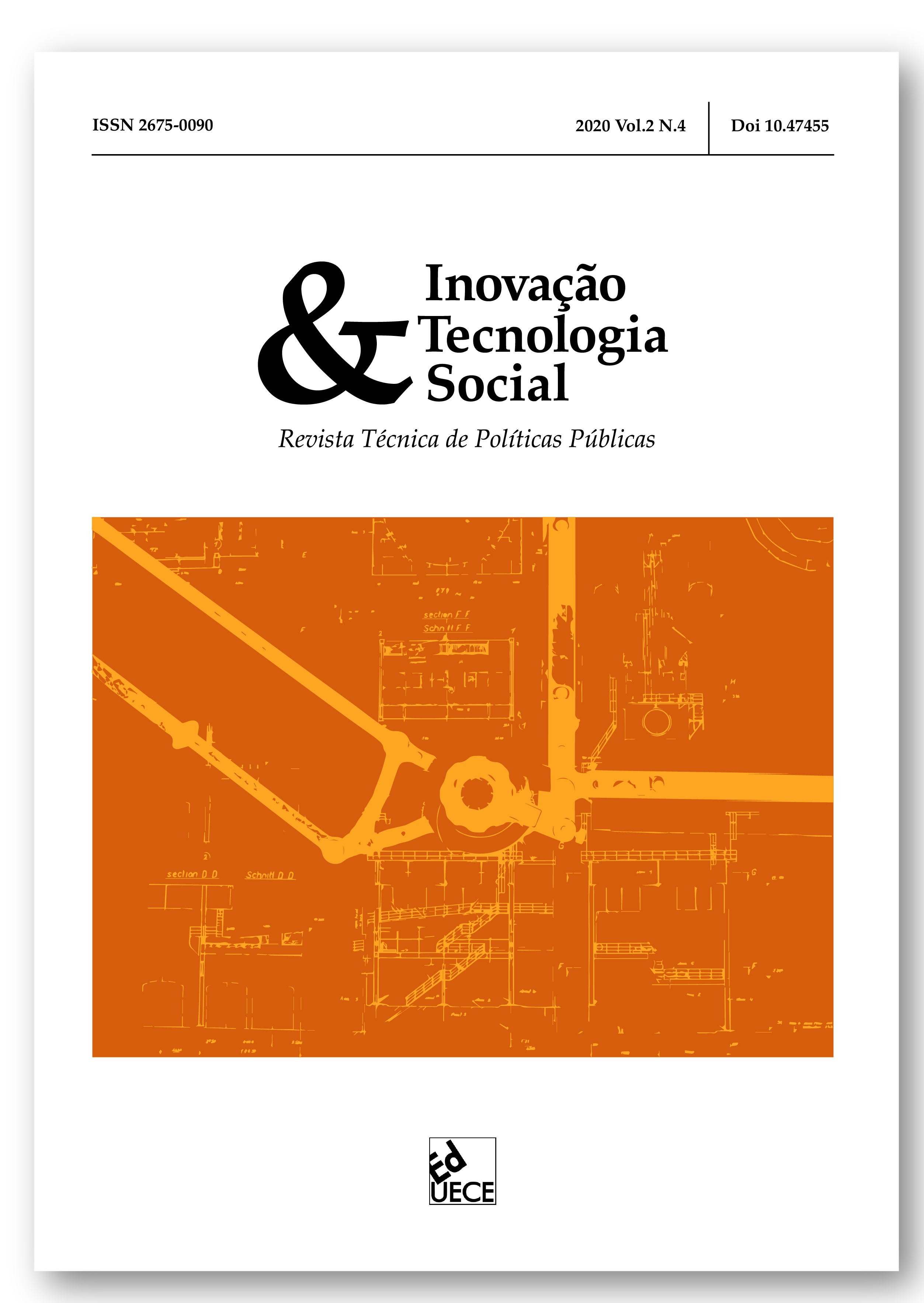Mapeando Sentidos das Denúncias:
estudo de caso sobre a ouvidoria da seduc-ce
DOI:
https://doi.org/10.47455/2675-0090.2020.2.4.4771Keywords:
social control, social participation, ombudsman, education, public policyAbstract
In modern societies, social participation can be measured according to the level of presence of society in the management of public policies. We consider the Public Ombudsman as one of those possibilities of political participation through which individuals can bring to the State information about the quality of public services provided so that they can interfere in the formulation of public policies through their manifestations: complaints, complaints, criticisms, suggestions and even praise. Thus, the general objective of this research stands out is to investigate the meaning given to the complaint by the users of the educational policy, taking into account what is considered the object of the complaint or that exceeds the acceptable limit for the people who use this public policy. . The research was directed to the perception of the role of the ombudsman by the various social actors contemplated in the universe of those who use and those who provide services in the Ombudsman of the Ceará Department of Education. We used the Case Study methodology, through the quantitative and qualitative approach: the quantitative through the interpretation and analysis of the graphs and data collected from the SEDUC Annual Ombudsman Management Reports in the periods from 2015 to 2017. In the qualitative we did use of interviews with pre-established and open scripts with professionals who are part of the Ombudsman team, in addition to the school community of the selected educational institution.
References
ARENDT, H. Sobre a violência. Trad. André de Macedo Duarte. Rio de Janeiro. Relumé Dumará, 1994.
BRASIL. Constituição da República Federativa do Brasil de 1988. Brasília: Presidência da República, Casa Civil, 2013. Disponível em: http://www.planalto.gov.br. Acesso em: 20 jun. 2018.
CEARÁ, Secretaria de Planejamento e Gestão. Manual de prevenção e combate ao assédio moral na administração pública. Fortaleza: Seplag, 2010. Disponível em: http://www.gestaodoservidor.ce.gov.br/servidor/images/stories/manuais/bt7.pdf. Acesso em 02 fev 2018.
CGE, Relatório de Gestão de Ouvidoria - 2016, Disponível em: https://cearatransparente.ce.gov.br/portal-da-transparencia/paginas/relatorios-de-gestao-de-ouvidoria?locale=pt-BR&__=__ Acesso: 01 fev. 2018
CHAUÍ, Marilena. Sobre a Violência. 1. ed; 1. reimp. Belo Horizonte: Autêntica Editora, 2018 (Escritos de Marilena Chauí; v.5)
DE MARIO, Camila Gonçalves(org.). Ouvidorias Públicas em Debate: possibilidades e desafios. Paco editorial, 2011.
FERREIRA, Dina Maria Martins (org.). Estudos críticos da linguagem. 1.ed. Curitiba. Editora Appris, 2017.
IASBECK, Luiz C. Ouvidoria é comunicação. Organicom – Revista Brasileira de Comunicação Organizacional e Relações Públicas, São Paulo: PPGCom/ECA-USP, Gestcorp/ECA-USP e Abrapcorp, a. 7, n. 12, 1º sem. 2010.
PIOVESAN, F. Direitos humanos: desafios e perspectivas contemporâneas. Revista do Tribunal Superior do Trabalho, Porto Alegre, v.75, n.1, p.107-113, jan./mar. 2009. 251p. Disponível em: <https://hdl.handle.net/20.500.12178/6558>. Acesso em: 01 jun. 2018.
SECCHI, L. Análise de Políticas Públicas: diagnóstico de problemas, recomendação de soluções. São Paulo: Cengage Learning, 2017.
YIN. R. Estudo de caso: planejamento e métodos. 2a ed. Porto Alegre: Bookman; 2001.



